The first people who see our dirt, mess and trash are cleaning professionals and sanitation workers. They know more about you than most of your close friends. These workers see your choices: your spending patterns, how environmentally friendly you are, and more than that, they know your habits. They know the good ones, which they are thankful for, and the bad ones, which they are not.
I recently read an article about Terrill Haigler (@_yafavtrashman), a Philadelphia sanitation worker who is bringing awareness to Philadelphia residents about how they can support sanitation workers. Small things like tying together cardboard pieces and not overstuffing bags can have a positive impact on how efficient a sanitation worker can be. A lot of the time, when there is change happening in our lives, our messy habits are magnified.
We are seen by sanitation workers, and now is a good time to start reducing the amount of trash that comes out of our homes. There are real people who are cleaning up our messes. Leave a cold bottle of water, tip them or thank them for their work. In a work environment where multiple sanitation workers have tested positive for COVID-19, it is important to remember the conditions under which our sanitation workers are working. It’s common decency to show your gratitude and to put a face to the person who magically makes your trash disappear.
When my business partner Jessica and I decided to bring our eco-friendly cleaning company to a freeze, it was because we believe that the work we once did is now considered hazardous work. Cleaning people’s homes, in closed spaces, is dangerous knowing what we know about how COVID-19 spreads. We were not prepared for this type of shift and we reconsidered the role we can play in helping people clean up.
We decided that we were going to teach people how to do it for themselves. What is seemingly a messy bedroom or a poorly functioning common space becomes a treasure trove for personal awareness and growth, but are people ready to take care of their own mess?
No one dreams of a messy life, but no one should be waited on hand and foot. Karma can only count for so much. What I am asking is: How can you take ownership of what is right in front of you and can you come up with a strategy for tackling the problem?
I know that we live very busy lives, even amidst a pandemic. I have no desire to eliminate the need for cleaning professionals by teaching everyone how to do things for themselves, but I do think we can learn a lot from how we value domestic and sanitation workers as we take on a new type of
personal responsibility.
For instance, anyone (pre- or post-COVID) should make sure that their home is tidy, laundry is put away, dishes are done and trash is managed before they have a cleaning professional in their house. It’s respectful. No one should have to pick up your soiled underwear off the floor, throw away your old takeout containers, or do your dirty dishes. Cleaning professionals are already wiping the urine off your bathroom floor, the least you can do is notice, and then address, how messy you’ve become.
The same type of personal management applies for when you put your trash out at the curb. Do you expect someone to clean up a pile of your trash that was scattered over the sidewalk because you were too lazy to properly bag it up and secure the lid on the trash can?
When we put a face to the people that clean up after us, it helps us see what they see. It humanizes workers and it reveals how human we are: the act of living creates dirt and trash; no one is above that.
I have cleaned for countless people who struggle with guilt about their habits. Addressing a messy truth is never easy, but it’s even harder when our pride gets in the way. We can learn from our guilt and emerge from the cocoon of shame into an inspiring state of conscious choice.
When confronted with someone, like myself, who will ask how things got so out of control, it is not surprising how vulnerable we need to be to acknowledge it. I am continuing to learn that anger and frustration end up inhibiting motivation and true change. For instance, it’s easier to be mad at the sanitation department for being late than to honestly look at how spending habits, consumption and lack of consideration is making the problem worse for everyone. Honesty, vulnerability and humility are the real keys to any type of lasting change because then we have a clearer idea of what is the truth. It is up to us to accept our humanness and own it, not expect a nameless, faceless person to embrace it for us.
As someone who is vocal about honoring the dignity of cleaning and sanitation professionals, I can see that we can learn a lot from Haigler. He brings a face to the work that often remains unseen. When we see and honor the work of sanitation workers and cleaning professionals, we become better people.
We tidy our trash, make sure that bags are properly closed, and think about how we can make someone’s life a little better and less complicated—it will directly make our lives better, too. Exhibit grace, patience and understanding as well and see how it feels. This moment calls for us to be more mindful of others by changing how we live. Change yourself in ways to affect the greater good.

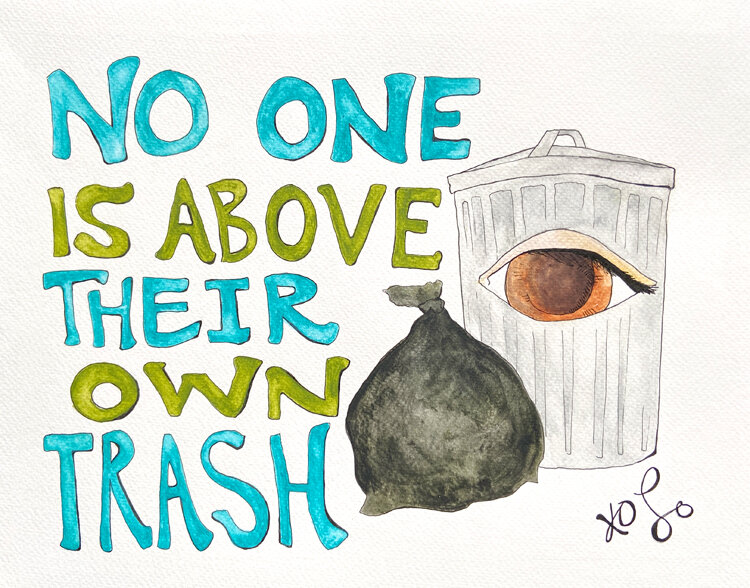


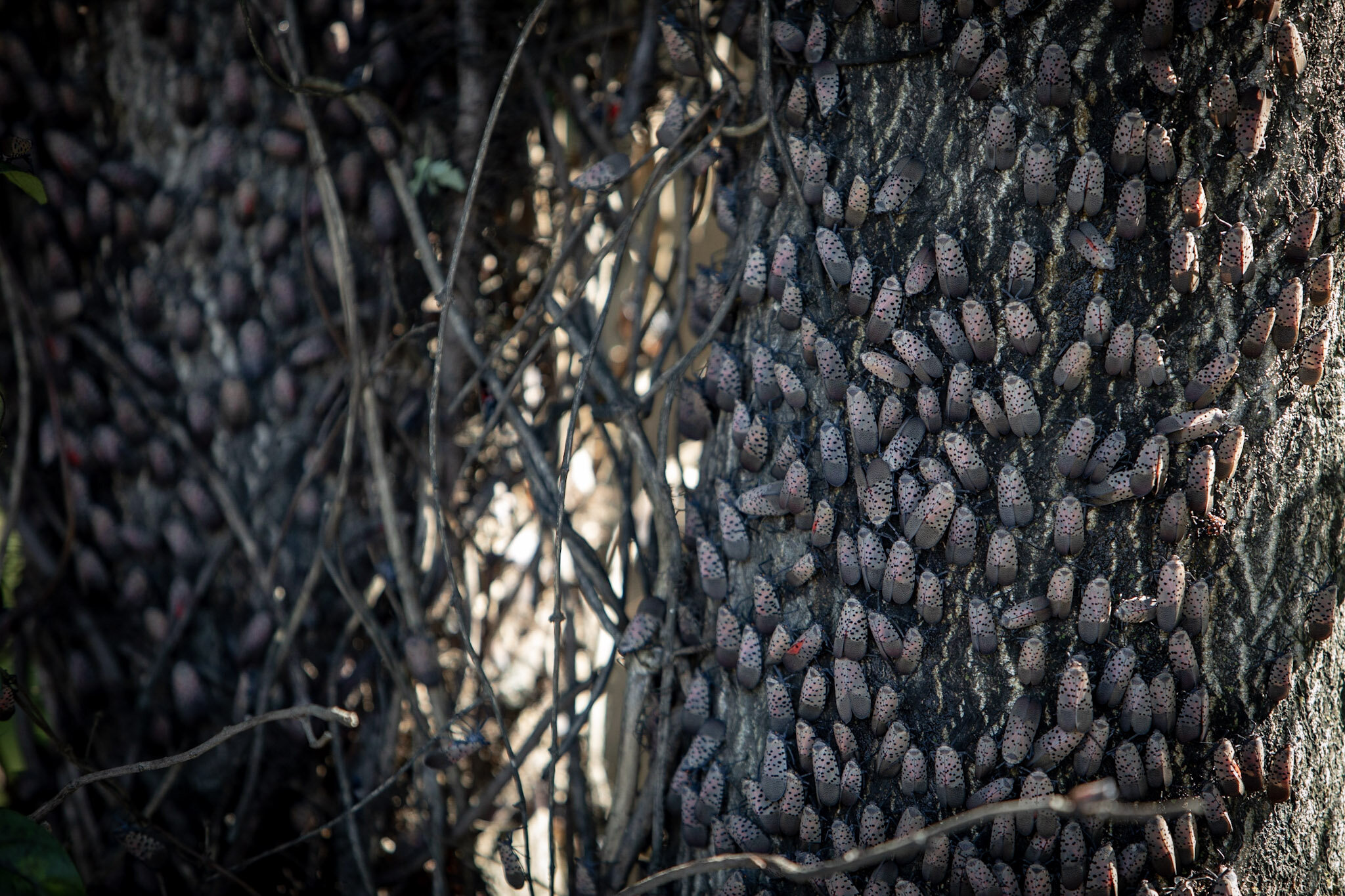


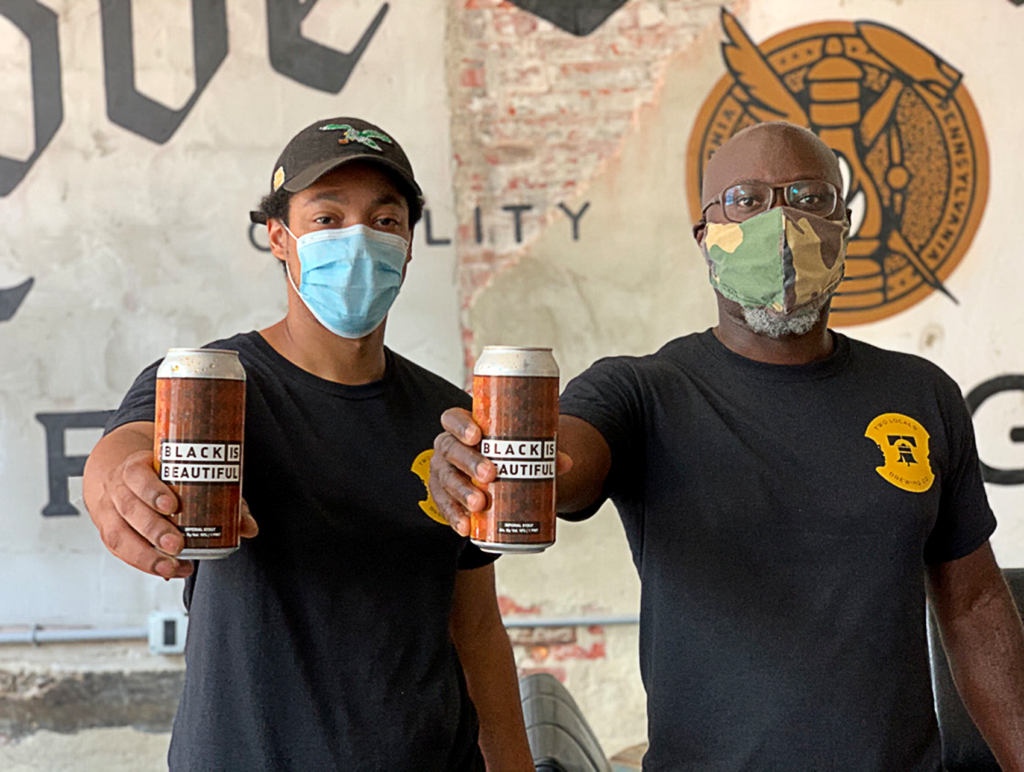
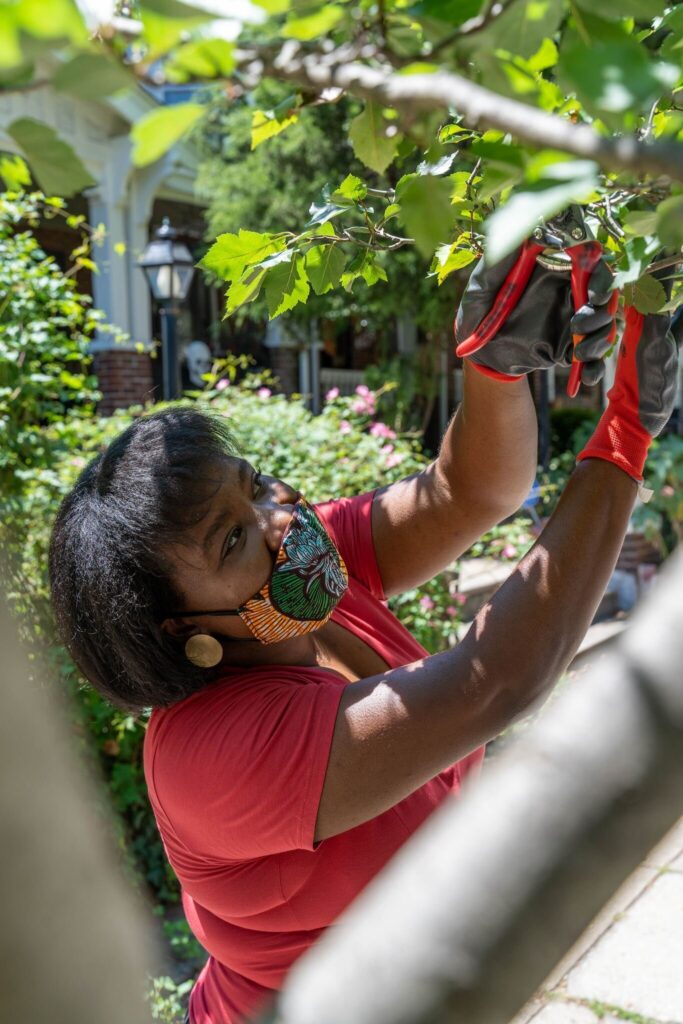
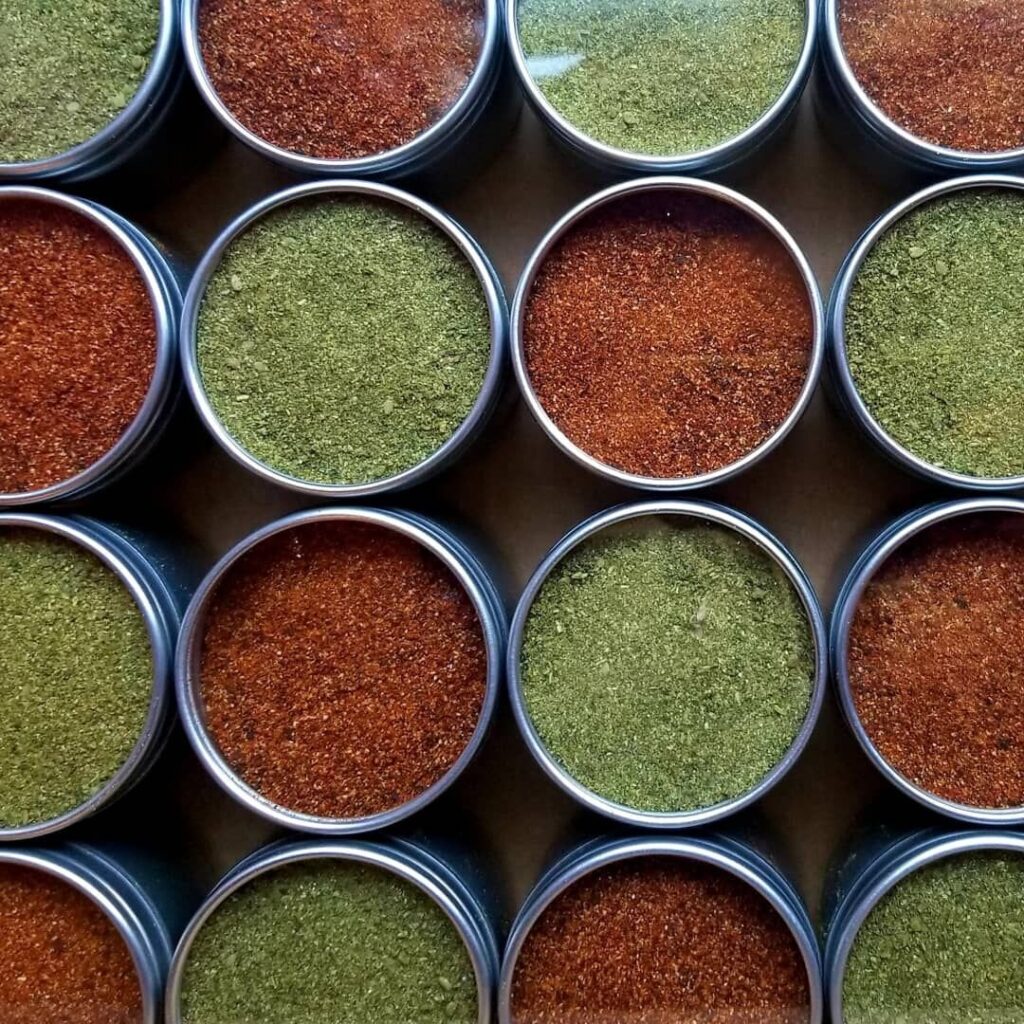
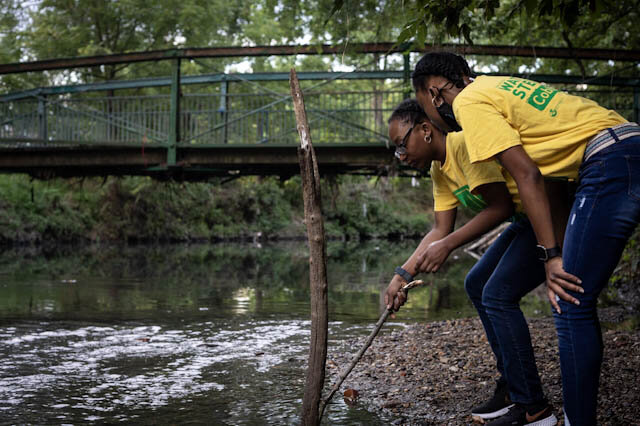
A way to reduce some of the stinkiest trash is to compost. There are companies in the city, such as Circle Compost and Bennett Compost, that give you a compost bucket with a tight lid that they pick up once a week. It costs a little, but reduces the smell of trash both in your home and at the curb. Also, some of the companies give compost to urban farmers, which is a great benefit to city residents. Worth considering.